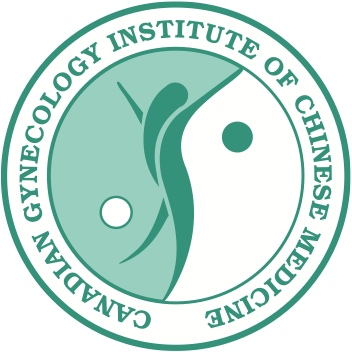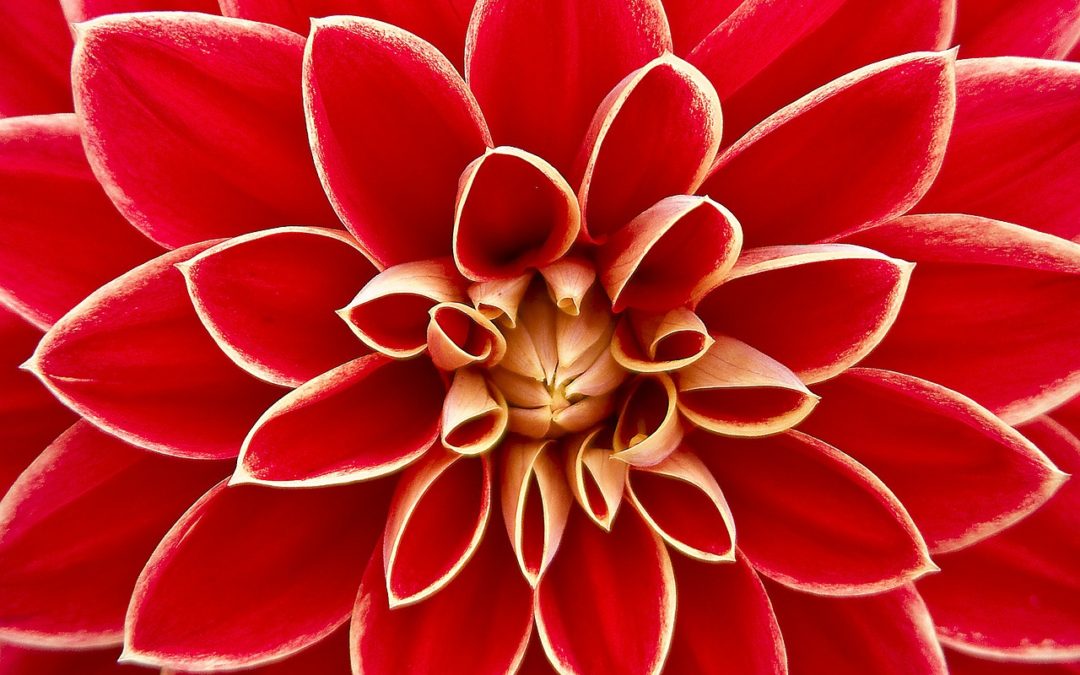Nothing to Be Done?
Have you been told that there is nothing to do for colds or flus? There are many options in Chinese Medicine that have been used successfully for centuries. Our colleague, Pauline Sok Yin Hwang, wrote an excellent article about treating colds, flus an coughs with TCM. (see the complete article here).
Below are some excerpts from her article that you can use to prevent and if necessary, treat, these unwelcome Winter visitors.
Treating Colds, Flus and Coughs with TCM:
A ridiculously well kept secret.
As the temperatures continue to change suddenly, one of winter’s challenges is fending off the colds and flus that make their rounds in our communities.
Most people don’t realize how effective Traditional Chinese Medicine (TCM) is for preventing and treating these ailments, so keep reading for info, tips and nutritional advice.
Years ago, I had a severe cold almost monthly, followed by coughs that would persist for weeks. Now, thanks largely to TCM, I only get a mild “almost-cold” once or twice a year, and am usually able to ward it off very early. Less sick days = more productive and fun days!
We take colds, flus and coughs seriously!
Out of all the audacious claims any medicine can make, I feel it’s safe to say that TCM understands colds, flus, and coughs well. One of the earliest medical texts in China (and the world) analyzed colds and flus, it’s causes, stages, levels in the body, and consequences if left untreated. The text has 397 sections and 112 herbal prescriptions – just to give you an idea of the level of detail! Modern research continues to update this knowledge and has also examined the anti-viral and anti-biotic properties of specific herbs, some of which are incredibly effective.
While many people consider colds to be temporary annoyances, TCM has also analyzed what happens when the original pathogen (i.e. the virus or bacteria) manages to lodge deeper into the body. This can lead to well-known complications such as bronchitis and pneumonia, but also to lesser-known, chronic struggles with allergies, ear infections, insomnia, chronic fatigue and fibromyalgia, chronic coughs and sinusitis, anxiety or depression, lympatic congestion, digestive difficulties, autoimmune disorders, arthritis, cancer, MS, diabetes, and much more. Indeed, some biomedical research has also begun to find evidence that some of the many illnesses classified as idiopathic (without known cause) may actually be traceable to an initial infection.
This is not to alarm you, but to explain why even the common cold is taken seriously in TCM! Today we have acupuncture, herbal and even tuina (therapeutic massage) prescriptions for the many different types and stages of colds/flus/coughs, and always take into account the individual’s pre-existing state of health. These approaches go beyond simple symptomatic treatment, address the ‘whole picture’, and bring your body back into overall balance without side effects such as impaired digestion (a frequent result of antibiotic use).
Prevention: Protect your Qi!
As usual in this medicine, one size doesn’t fit all: frequency, type and severity of your cold/flu will depend not only on the ‘bug’ you’ve caught, but also largely on your pre-existing balance and state of immunity. Catching a cold or flu is seen as a situation where outside pathogens (we call them “Wind”, “Cold”, “Heat”, “Dampness”, etc.) manage to overcome the body’s “defensive Qi” (similar to the concept of “immune system”) and end up battling the body’s own “righteous Qi”.
Because the pre-existing condition of your body’s own Qi is so important in this analysis, you can help prevent colds and flus by:
- Protect your body’s Qi – dress warmly! Many people in our car-oriented culture don’t wear many layers in the winter. This horrifies some of my colleagues from China, where apparently they layer much more. In my practice, I’ve noticed many clients’ symptoms worsen in the winter, partly because Cold reduces circulation (increases stagnation/pain, etc.) and requires more Qi to warm the body and maintain functioning (so problems due to weak Qi get aggravated).
- Breathe through your nose. Not only does this help warm and ‘filter’ the air, but breathing through your mouth is said to gradually exhaust your digestive (i.e. Qi-producing) organs in TCM
- As winter is the season of the Kidneys, it’s especially useful to wear warmer layers on the legs and lower back.
- Cover your skin to protect yourself from wind exposure, especially your neck and upper back.
- Get lots of rest and sleep, and get it earlier if possible (if you can be in bed by 10 pm, that is excellent for the body, especially in the winter). Slow down – are you so busy that you’re always using more Qi than you replenish (through sleep, good whole foods, etc.), and relying on coffee to keep going?
- Emotions are a major factor in the state of your Qi. Minimize any Qi-draining relationships, social obligations, etc. Let go of emotional stressors as much as possible, or find tools and resources for coping with them (see my Resources page for Counselling and Meditation resource lists).
- Minimize spread of pathogens by washing your hands regularly, and being mindful not to rub your eyes or handle food without cleaning them
- Exercise moderately and regularly to keep the Qi and Yang flowing, and to keep your pores opening and closing properly.
- Using moxibustion on yourself, taking an appropriate Chinese herbal formula, or going for acupuncture sessions regularly can also make a big difference in supporting your Qi
- Eat with the season. As the weather gets colder, eat more warm, cooked foods, and cook them for longer periods of time (e.g. roasting, baking, slow-cooker). Raw salads, cold sandwiches, and cold cereals in the morning can all impair your body’s ability to produce strong Qi.
- Minimize mucus-producing foods such as dairy; alcohol; sugar; wheat; refined breads, pastas and rices; fried foods; cold temperature and raw foods, etc. Pre-existing mucus in your system is a major factor in developing stuffy noses, phlegmy coughs, etc.
To read the complete article follow this link.
To book an appointment for acupuncture, cupping and/or moxa, or for a consultation on what are the best herbs for your situation and a herbal remedy call us at 416-644-1937 or book online.
Wishing you a healthy winter!

